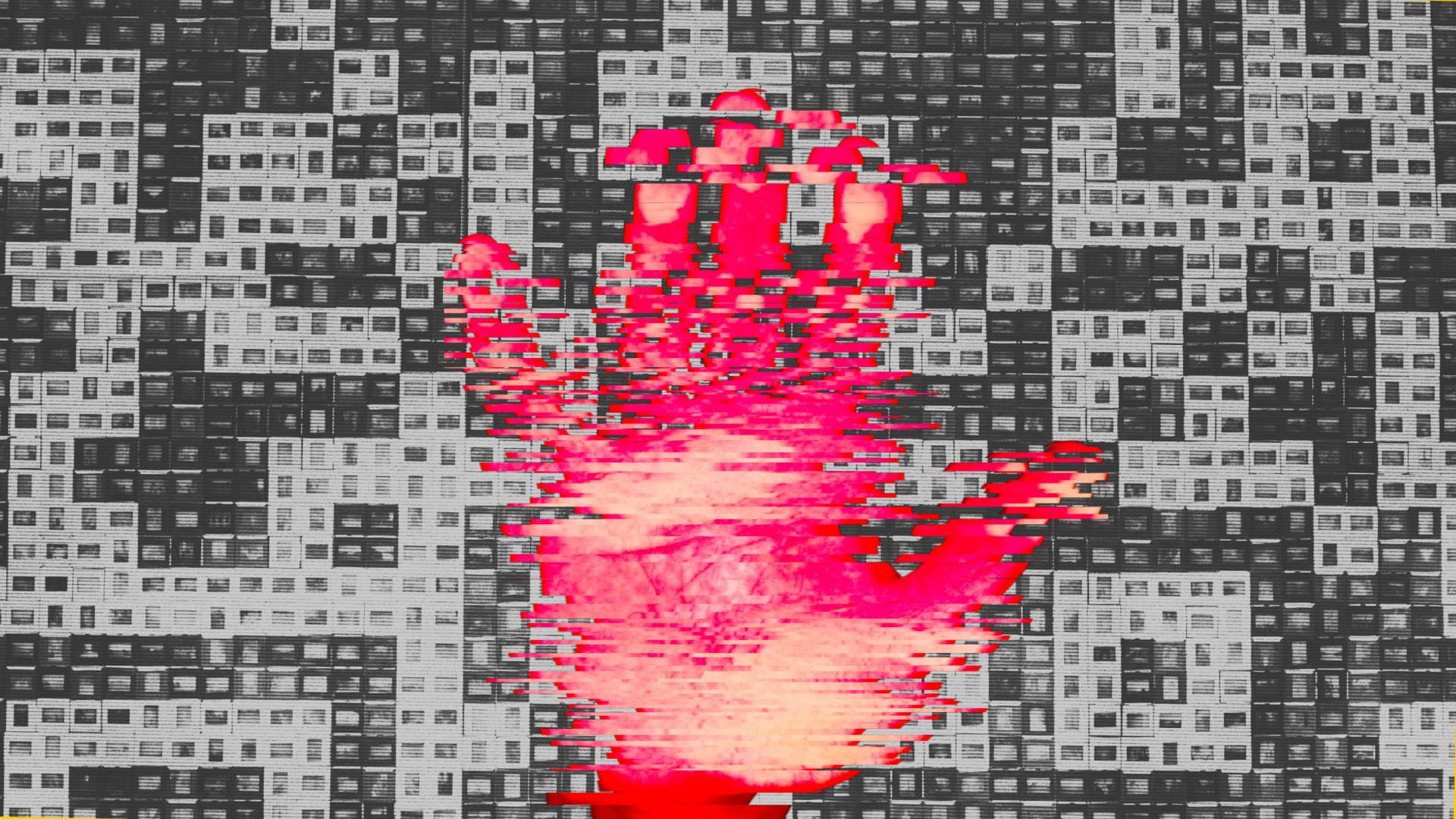
Image by Esetok, CC BY-SA 4.0, via Wikimedia Commons
January 2022 started with unprecedented violence and national riots, called Qandy Qantar (“Bloody January” in Kazakh), that emerged due to increased gas prices in Western Kazakhstan and shook the entire country . Economic grievances transformed into demands for political liberalisation. People were tired of three decades of the authoritarian control of the national leader Nursultan Nazarbayev and his loyal appointee Kassym-Jomart Tokayev that impeded change and the redistribution of economic and political power.
The government response to the uprisings was brutal. At least 238 people were killed, as President Tokayev gave permission to fire live ammunition at protesters. Extreme punitive measures were taken against civilians for allegedly spreading falsified information — a favoured and recurring theme for authoritarian forces — during the protests. Musician Vikram Ruzakhunov, Kostanay resident Dias Nurmagambetov and opposition leader Zhanbolat Mamay are three people who were directly affected. Three incidents demonstrate the political desire to circumscribe the freedom of expression and maintain the discursive power through digital technologies in Kazakhstan. Digital authoritarianism is applied selectively to perceived enemies of the regime who oppose and disagree with the official state narrative.
After the escalation of riots, President Tokayev imposed a state of emergency, allowing the police to “shoot to kill” protesters, justified as necessary to immediately stabilise and secure the situation, claiming that the dissent was organised and instigated by foreign agents and terrorists. The Kyrgyz musician, Vikram Ruzakhunov, in Almaty on business, was arrested and beaten by the Kazakh security services, and forced to provide a falsified statement of his alleged relationship to a group of Central Asian terrorists (that does not exist). The video where Vikram declared his membership of the extremist organisation was manufactured and broadcasted on national TV channels and YouTube channels. The tortured musician was recognised by his colleagues and family in Kyrgyzstan, and the falsification of his terrorist identity was quickly publicised in the independent media and on social networks. This narrative destroyed the regime’s myth about the external threat of January protests.
In 2014, the government of Kazakhstan approved a legal amendment on the dissemination of deliberately false information (Article 274 of the Criminal Code). The law aimed to crack down on misinformation and disinformation, but is often abused by the government to attack any content it considers undesirable. This includes tackling material that relates to the president's family or other influential elites in the country, which undermines efforts to build democracy. The law imposes restrictions on the rights to freedom of expression.
Resident of Kostanay Dias Nurmagambetov received a one-year prison sentence for spreading false information for sharing Telegram posts about the police siding with peaceful protesters during the Qandy Qantar protests . The political regime tried to silence and punish those who disagreed with and disapproved of the state-driven narrative that President Tokayev managed to stabilise the situation by seeking the help of the Russian-led military alliance the Collective Security Treaty Organisation (CSTO). The state narrative is careful about any mentions of internal conflict or disloyalty of police or military officers to the incumbent regime. It wants to demonstrate only the polished version of political unity and national security, two triumphs of effective governance, according to the Kazakh authorities . During the mourning day after January protests, the president highlighted the role of brave law enforcement officers who lost their lives while defending national interests, portraying the police and military as the consolidating rather than punitive force, dying at the “hands of terrorists.” The tribute to soldiers obviously hides any facts on violations of human rights and torture that law enforcement exhibited, preventing any international investigation of events.
Zhanbolat Mamay, the opposition leader of the unregistered Democratic Party of Kazakhstan, was accused of spreading disinformation during the January protests, and of insulting a state official (a police officer in this case). He was named the organisers of illegal mass riots. Opposition members and human rights activists in Kazakhstan believe that Mamay’s arrest and imprisonment in February 2022 was politically motivated as public punishment for the protests. Since the early 2000s political opposition in Kazakhstan has been systematically repressed, in some cases eliminated physically. This repressive tendency had led to a fragmented and weak opposition in the country. Zhanbolat Mamay remains one of the few young dissidents who gained social trust and support. In his public letter from prison posted on his Facebook page, Mamay provided a historical explanation of the banality and normalisation of violence in Kazakhstan. He condemned the government for using political technologies rather than reforms, delaying the new wave of the revolutionary process that started with the Qandy Qantar tragedy.
These three incidents show how the Kazakh government does not hesitate to abuse its own laws, purportedly enacted to safeguard citizens, for its own ends to repress dissent and maintain control of the narrative.

Please visit the project page for more pieces from the Unfreedom Monitor.



